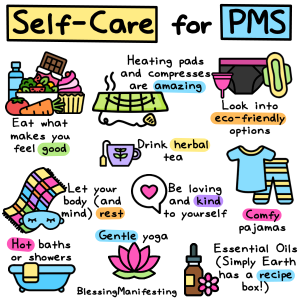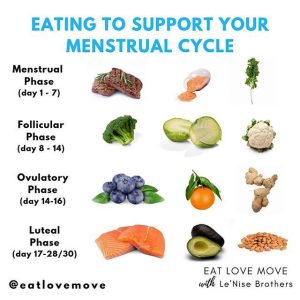Intestinal health What matters in nutrition, what is important

Intestine health – On what it depends?
Everywhere you can read what we can and should do to stay in good health: eat a healthy diet, get plenty of exercise in the fresh air, and do endurance sports.
And then, of course, it is important to keep our bodies away from toxins and not to consume stimulants excessively.
Experience has shown that our digestive system receives relatively little attention in all these considerations and efforts, although it plays an immense role when it comes to physical well-being.
Supplements such as Darmflora Komplex reliably help to support this in a natural way.
Why little continues to be said about the intestine
The fact that fat-rich food, smoking and physical sluggishness affect our vessels unfavorably and therefore represent risk factors for the occurrence of cardiovascular diseases, is generally hin known.
It goes without saying that we protect our skin from dangerous UV radiation. But people still don’t like to talk about anything that has to do with their own digestion.
So it is not surprising that on the one hand important information continues to be lacking because people do not want to deal with this so shameful topic.
As a result, we take far too little care of our intestinal health and instead load it unnecessarily with harmful substances.
On the other hand, this also means that medical advice is not sought for a long time in the event of complaints, uncertainties and worries, and diagnoses of serious intestinal diseases are therefore made far too late, which significantly reduces the chances of recovery.
It should therefore be in everyone’s interest to become comprehensively informed, to pay attention to the body’s warning signals and to give the necessary importance to one’s own intestinal health.
What functions our intestines perform
After the ingested food has been softened and broken down in the stomach with the help of gastric juices, it begins its long journey through the small and large intestines, which together are about eight meters long in an adult human being.
Meanwhile, it continues to be digested and chemically broken down into its individual building blocks. Finally, important nutrients such as fatty acids, amino acids or simple sugars are absorbed directly through the intestinal wall into the bloodstream.
What the body cannot utilize, it excretes at the end of this process in the form of stool.
In addition to this filtering function, however, the intestine also has other tasks to perform. For example, it produces different hormones for our physical balance and regulates the body’s water balance by taking in or releasing appropriate amounts of water.
Above all, however, the immune system relies on an intact intestine, because it is here that many pathogens are warded off and rendered harmless.
In order to be able to do all this, every human being is dependent on an intact intestinal flora, which in turn is made up of millions and millions of fungi and bacteria.
These microorganisms need to be in balance to do their job as immune police in the best possible way.
However, they are impaired, among other things, by taking antibiotics, which is why it is all the more important after drug treatment to rebuild them step by step with the right food and supporting probiotics.
How to support your own intestinal health
For an intact intestine, it helps to eat a varied diet that contains a lot of dietary fiber. The diet thus includes plenty of fruits and vegetables, legumes and whole grains.
Already fermented foods such as kefir and natural yogurt or sauerkraut are also excellent.
In addition, drink at least two liters per day, preferably in the form of water or unsweetened tea.
Regular exercise has many positive effects, including a well-functioning digestive system.

On the other hand, it is important to avoid foods that stress the intestines and harm the entire body, such as wheat products, sugar, low-quality fats, fast food and convenience products, as well as other processed foods.
Besides, by the way, chronic stress is also true poison for the intestines, causing further problems.




